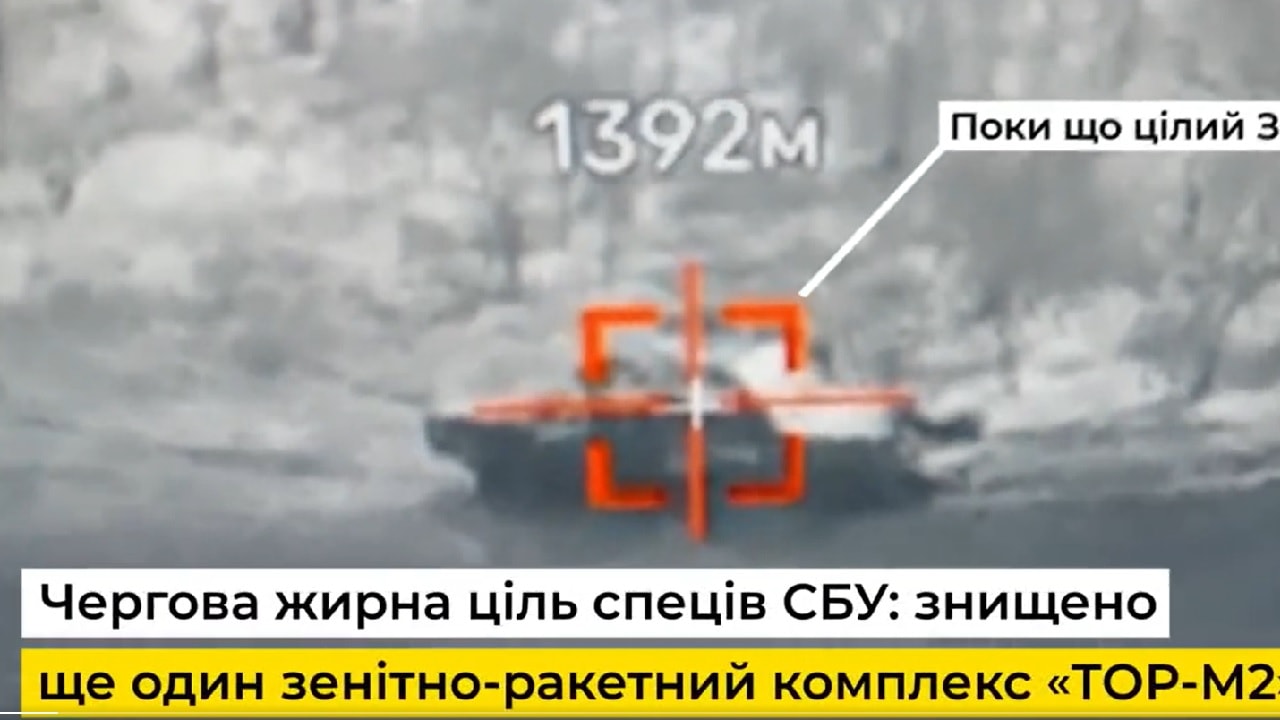Ukraine Foreign Minister Dmytro Kuleba recently delivered an unusually blunt criticism of Western analysts. Those who have argued Ukraine’s summer offensive has been “too slow,” the foreign minister exclaimed, should “shut up.” While Kuleba’s agitation is entirely understandable, the U.S. Administration has an obligation to unemotionally view the war as it genuinely is, not as we would wish it to be, and make decisions based on U.S. interests—which are not always identical with Ukraine’s interests.
Situation Assessment
The hard truth is that a sober analysis of both Ukraine’s three-month summer offensive and an assessment of the war overall leads to the conclusion not simply that the offensive is going “too slow” but that it appears unlikely to succeed. Arguably, it won’t matter how much time Kyiv is given, how many weapons it is provided, and how much ammunition the West delivers: completely evicting Russia from the territory it illegally seized appears to be a militarily unattainable aspiration.
To reiterate, whether one considers Kuleba’s emphatic arguments, Zelensky’s emotional appeals, or commanding general Valerii Zaluzhni’s persistence, it is imminently understandable why Ukrainians wish to militarily eject the invader from the east. There is therefore no condemnation of Kuleba, even when he accuses analysts of “spitting in the faces” of his troops.
Looking Ahead
Washington should instead look beyond the emotional statements and examine the combat realities currently at play, basing its policies on ensuring America’s national security interests and economic welfare. Our current policy of giving Ukraine what it wants “for as long as it takes” does neither.
Without a change in policy, Washington’s approach is poised to condemn tens of thousands of additional Ukrainians to unnecessary deaths and reduce more Ukrainian territory to dust.
Russia initially captured about 22 percent of all Ukrainian territory in the first few weeks of the war. In a masterfully conducted surprise offensive in the fall of 2022, Ukraine wrested back a large swath of that land, leaving Russia occupying an estimated 17 percent of the country. But after a full year and a half of war and the expense of a six-month-in-the-making offensive, Russia still controls about 17 percent of Ukraine.
More critically, Ukraine has lost a conservatively estimated 200,000 soldiers killed and wounded, including tens of thousands who have had limbs blown off and an unknown – but likely massive – number of troops with post-traumatic stress disorder and traumatic brain injuries. Continuing the war isn’t merely a matter of sending yet more cash to Kyiv and another batch of tanks, armored personnel carriers, and Howitzers. Without trained and experienced troops, no amount of equipment and supplies will turn the tide.
Many in Washington, it must be admitted, are happy to listen to Kuleba and Zelensky, providing a never-ending flow of weapons and ammunition – irrespective of how many Ukrainian men die in the continued attempt to win the war – because doing so “harms” Russia. If Ukrainians want to keep fighting, the thought goes, who are we to deny them the means?
Moral Component
There is certainly a moral component to the question of supporting a war that almost certainly cannot be won. It is troubling to know there are some in the West who remain content knowing thousands of someone else’s sons and daughters will be sacrificed in the vague hope of weakening Russia. There are also practical reasons the United States should change course and adopt a new reality-based policy.
After the first 18 months of this war, the U.S. has contributed over two million artillery shells, thousands of tanks and other armored vehicles, and tens of thousands of anti-air and anti-tank missiles. Whatever slack there was in our inventories has long since evaporated. Though we have started the process of expanding our industrial capacity to produce more arms and weapons, it will be years before we catch up to demand. The fact is, we will have to diminish our own military capacity to provide Ukraine with what it needs, harming our own national security.
Second, the longer the war goes on, the longer the risk of unintended consequences remains viable, such as one side or the other making a mistake, miscalculation, or simple error in judgment that expands the war.
It is known that Russia has been significantly harmed after a year and a half, suffering egregious levels of casualties and the destruction of tens of thousands of military vehicles and planes. Our security, therefore, will not be at risk in the least once this war is ended, by whatever means; if Russia could not bring to heel more than 17 percent of its neighbor, what possible argument can be made that a 31-member alliance with nuclear weapons couldn’t crush—or better yet, deter—any Russian attack?
We should not be afraid of criticism, even from our friends overseas, in accurately assessing our existing foreign policies. If a sober analysis reveals we have been pursuing outcomes that are not realistically attainable or beneficial to our national and economic security, it would be wise that we change course.
Author Expertise and Biography
Daniel L. Davis is a Senior Fellow for Defense Priorities and a former Lt. Col. in the U.S. Army who deployed into combat zones four times. He is the author of “The Eleventh Hour in 2020 America.”

